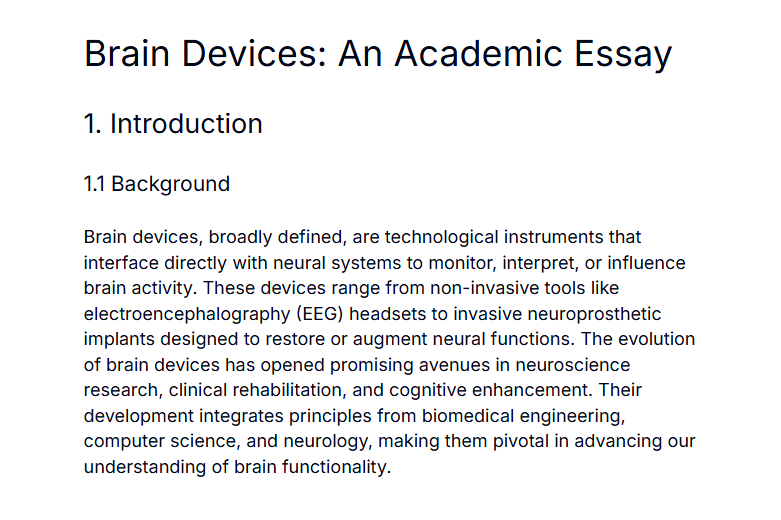Enhancing Cognitive Function in the Elderly Through Intergenerational Interventions
Abstract
This paper examines the potential of intergenerational interventions to enhance cognitive function among older adults. Recent evidence suggests that the quality and modality of intergenerational contact can differentially affect cognitive outcomes. In particular, while frequent physical meetings with a single child may impose a burden on older adults, regular, diversified communication—especially through remote channels—can promote positive cognitive effects. Emphasis on evidence‐based practices and rigorous evaluation methods is crucial for designing sustainable programs that yield long‐term cognitive benefits.
Introduction
The aging population faces increasing challenges related to cognitive decline, which can significantly affect quality of life. Intergenerational interventions have emerged as a promising strategy for enhancing cognitive function by facilitating social engagement and emotional support between generations. These programs draw upon theoretical frameworks such as the cognitive reserve theory and the convoy model of social relations to explain how enriched social interactions may buffer against age-related cognitive deterioration.
Note: This section includes information based on general knowledge, as specific supporting data was not available.
Literature Review
A growing body of literature emphasizes the role of evidence-based practices in shaping effective intergenerational programs. Jarrott et al [2] conducted a scoping review identifying fifteen core practices—such as fostering mechanisms of friendship, providing targeted training, and utilizing technology—to enhance program outcomes. In addition, Leedahl and Eisenstein [3] discuss best practices and challenges in the rigorous evaluation of intergenerational interventions, highlighting the need for carefully designed assessments that capture both immediate and long-term impacts.
Recent longitudinal research by Hu et al [4] provides empirical evidence of the complex relationship between intergenerational connections and cognitive function. Their study demonstrates that, among middle-aged and older adults, a higher frequency of direct meetings with the closest child is negatively associated with cognitive performance, whereas increased frequency of communication through phone or digital means exerts a positive effect. Furthermore, an averaged measure of contact with multiple children appears to support cognitive function, suggesting that diversified familial engagement may distribute support responsibilities more evenly.
While systematic reviews such as Whear et al [1] have primarily focused on mental health and overall wellbeing, their findings reinforce the idea that intergenerational activities yielding positive psychosocial outcomes can similarly promote cognitive resilience.
Discussion
The contrasting effects of different intergenerational modalities point to the importance of program design. The negative association between high meeting frequency with a single child and cognitive function, as reported by Hu et al [4], may reflect the potential stress and caregiving burdens placed on older adults. In contrast, regular communication—particularly when it is mediated by technology—appears to offer emotional support and cognitive stimulation without the physical strain of frequent in-person visits. These insights are consistent with the evidence-based practices outlined by Jarrott et al [2] and the evaluation challenges detailed by Leedahl and Eisenstein [3].
Additionally, the study by Hu et al [4] emphasizes that demographic factors, such as urban–rural residence and sex, can modulate these effects. Such variability underscores the necessity for tailored intergenerational interventions that consider the unique socio-cultural and economic contexts of the target population.
Conclusion
Intergenerational interventions hold significant promise for enhancing cognitive function among the elderly. The literature suggests that strategic emphasis on quality communication and diversified familial contact can provide cognitive benefits, while over-reliance on frequent physical meetings with a single child may prove counterproductive. The integration of evidence-based practices and rigorous evaluation methods is essential to optimize intervention design and ensure sustainable outcomes. Future research should further elucidate the mechanisms by which these programs affect cognition, taking into account individual and contextual differences.
